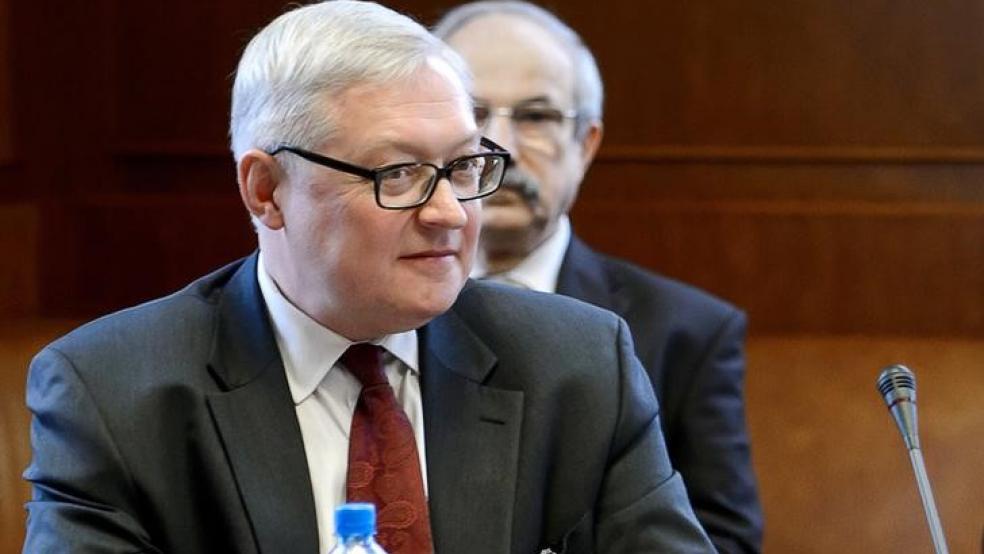NEW YORK (Reuters) - Iran's foreign minister on Wednesday offered assurances that Tehran is committed to maintaining freedom of navigation in the Gulf in the aftermath of the seizure of a commercial ship by Iranian forces a day earlier.
"The Persian Gulf is our lifeline ... We will respect international navigation," Mohammad Javad Zarif told an audience at New York University. "For us, freedom of navigation in the Persian Gulf is a must."Iranian authorities on Wednesday seized the Maersk Tigris container ship belonging to the Danish shipping company Maersk in the Strait of Hormuz. Iranian patrol boats fired warning shots as they intercepted the vessel, stoking tensions in one of the world's busiest oil shipping lanes and spurring the United States to send military vessels to monitor the situation.Zarif added that senior foreign ministry officials and deputy foreign ministers from Iran and six powers would resume negotiations on a final nuclear deal on Thursday. He suggested the talks would take place in New York, where he is attending a review conference on the 1970 nuclear Non-Proliferation Treaty.Iran's top diplomat said the negotiators would begin drafting a final nuclear agreement, which is aimed at lifting sanctions in exchange for curbs on sensitive atomic work. Iran, the United States, Britain, France, Germany, Russia and China reached a tentative framework deal on April 2 in Lausanne, Switzerland. They have June 30 deadline for a comprehensive agreement.Asked if that deadline could be extended, Zarif said that Tehran wanted the deal to be concluded before the end of June but suggested that if the negotiators were making good progress by then but had not completed their work, a brief extension could be possible."No time deadline is sacrosanct," he said.Zarif voiced confidence that disagreements between Washington and Tehran over issues like the timing of the lifting of sanctions could be resolved in the upcoming negotiations."I don't think the problems are insurmountable," he said, adding that "everybody has to be flexible, everybody has to compromise." (Reporting by Louis Charbonneau; Editing by Chris Reese and W Simon)Iran is committed to freedom of navigation in Gulf: Zarif

POOL New



